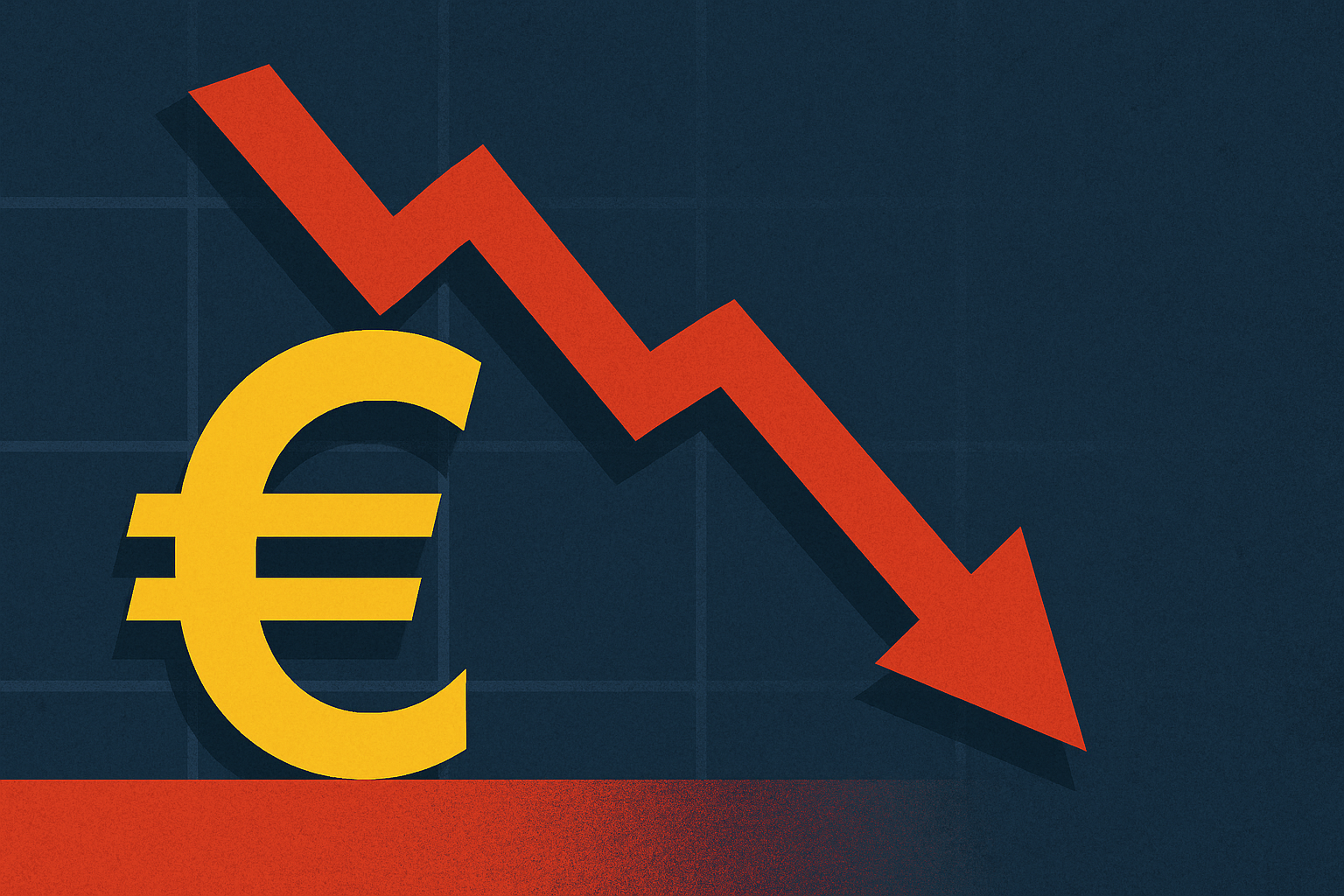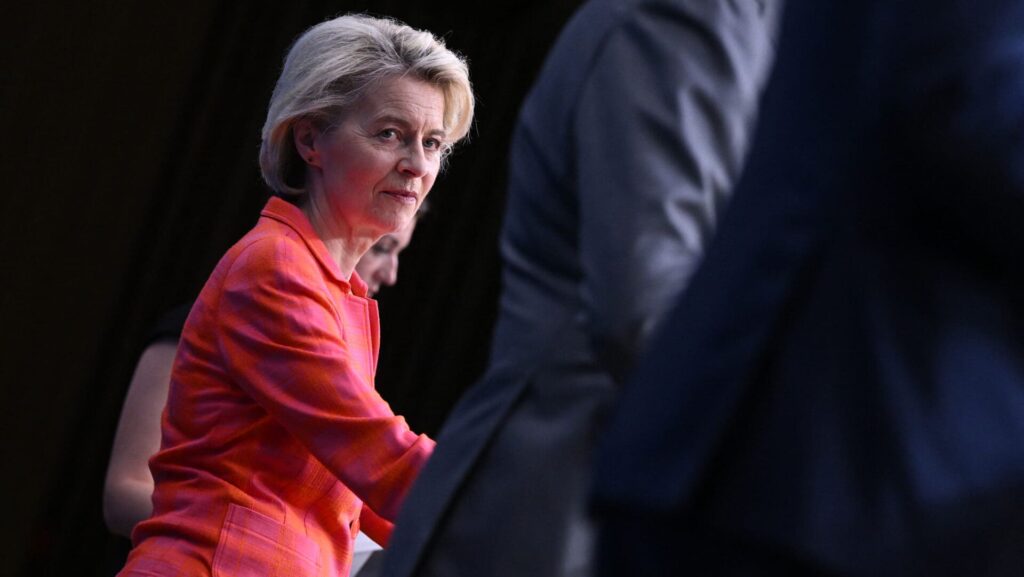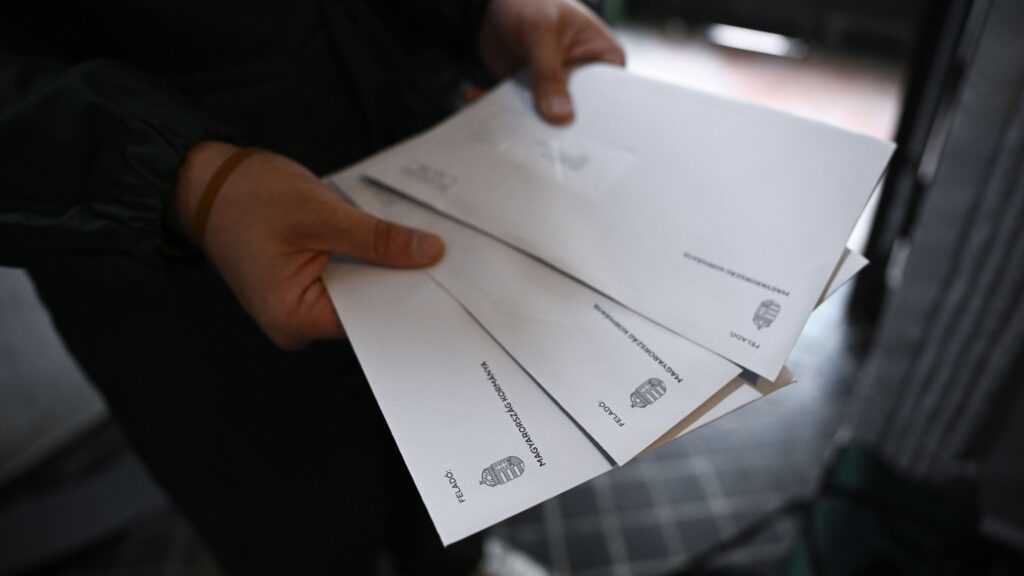The euro continued its sharp decline on 29 July, trading at approximately $1.1565 per €1—down about 1.6 per cent since the US–EU trade deal was announced on Sunday, 27 July. Interestingly, the euro initially rose just before the announcement, reaching around $1.175–1.178 and hitting a one-year high against the yen and a two-year high against the pound. However, since the details of the agreement were revealed, the decline has appeared unstoppable. In contrast, the US dollar strengthened significantly, as reflected both in the exchange rate and the Dollar Index, which rose by over 1 per cent.
As the case of the euro illustrates, markets quickly reveal when political rhetoric diverges from economic reality. That is precisely what we are witnessing in the current depreciation of the euro. After announcing the deal in Scotland, European Commission President Ursula von der Leyen described it as a ‘huge deal’ that would ‘bring stability’. She evidently forgot to mention that the agreement is ‘huge’ only from the perspective of the United States, as it disproportionately favours Washington.
Under the terms of the deal, the two sides agreed to a 15 per cent tariff ceiling on most imported goods—with the United States imposing 15 per cent tariffs on EU imports, while the EU committed to eliminating existing tariffs on US exports—with some exemptions, such as semiconductors, aircraft parts, and certain pharmaceuticals. Brussels also pledged to purchase $750 billion worth of American energy over the next three years, invest $600 billion in the US economy, and procure a ‘vast amount’ of American military equipment. The energy import commitment alone risks creating strategic overdependence, as the US share of EU energy imports is set to rise to more than half by 2026. The defence investment clause also signals continued reliance on the United States for security—despite long-standing ambitions to strengthen the European defence industry and achieve strategic autonomy, which would also contribute to the EU’s economic resilience. Notably, much of the US equipment purchased under the deal is likely to be sent to Ukraine.
The agreement is widely regarded as a major victory for US President Donald Trump and a strategic failure for Europe. French Prime Minister François Bayrou stated on X that ‘it is a dark day when an alliance of free peoples, brought together to affirm their common values and to defend their common interests, resigns itself to submission.’ He added that the EU had ‘capitulated’ to Trump’s tariff pressure. German Chancellor Friedrich Merz warned that Germany would suffer substantial economic damage from the tariffs, but remarked: ‘we couldn’t expect to achieve any more.’ Spanish Prime Minister Pedro Sánchez offered only lukewarm support, saying he would back the deal, but without ‘any enthusiasm’. Hungarian Prime Minister Viktor Orbán was similarly critical, calling the agreement worse than the one Washington reached with London, and stating it would be difficult to present it as a success.
François Bayrou on X (formerly Twitter): "Accord Van der Leyen-Trump : c'est un jour sombre que celui où une alliance de peuples libres, rassemblés pour affirmer leurs valeurs et défendre leurs intérêts, se résout à la soumission. / X"
Accord Van der Leyen-Trump : c'est un jour sombre que celui où une alliance de peuples libres, rassemblés pour affirmer leurs valeurs et défendre leurs intérêts, se résout à la soumission.
EU ambassadors are scheduled to vote on the preliminary deal at the level of the Council of the European Union on Thursday. If the vote passes, the legislatures of all Member States will be required to ratify the agreement before it can enter into force.
Related articles:







